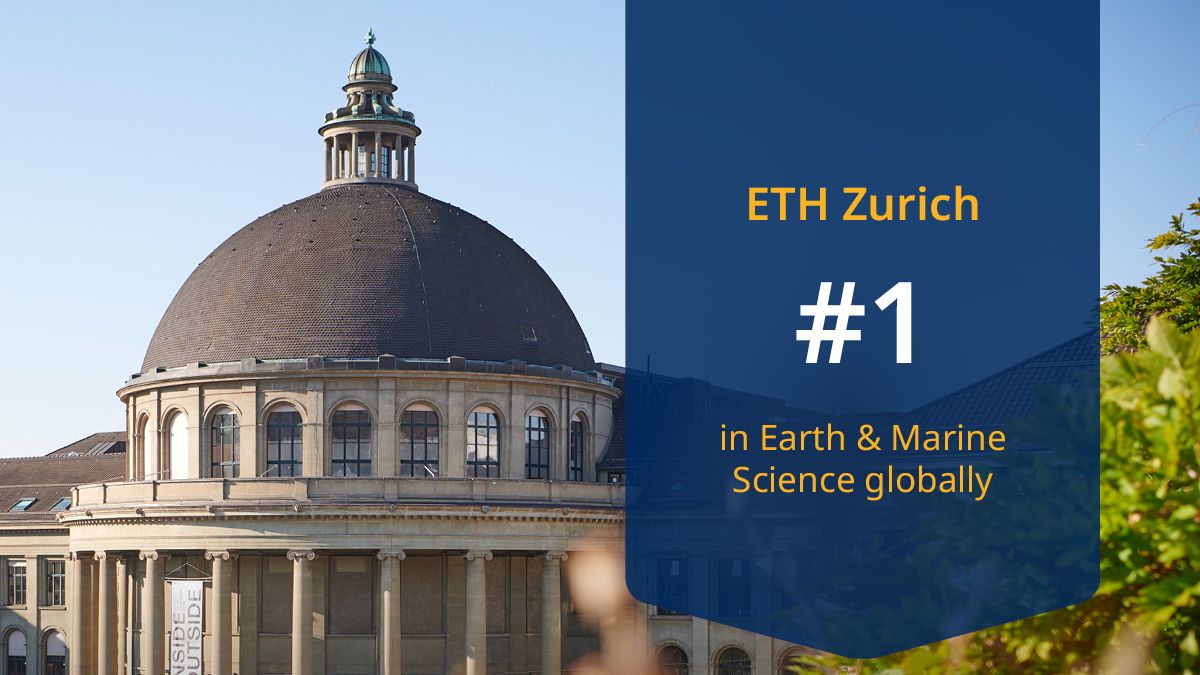
the Institute of Environmental Engineering of ETH Zurich is seeking a dynamic and motivated postdoctoral researcher to work on biophysical interactions in microbial communities
The Environmental Microfluidics Group of Prof. Roman Stocker at the Institute of Environmental Engineering of ETH Zurich is seeking a dynamic and motivated postdoctoral researcher to work on biophysical interactions in microbial communities, with a focus on marine bacteria and phytoplankton. Funding for this position is available for at least three years.
Project background
Biophysical interactions are key to the assembly and functioning of microbial communities. Encounter processes determine the rate at which different microorganisms come in contact with each other and with prominent resource patches such as sinking particles. Motility and chemotaxis drive associations between different microorganisms, for example allowing bacteria to find and retain position within the nutrient-rich region surrounding individual phytoplankton cells (the ‘phycosphere’). Attachment mechanisms can be an important and hitherto underappreciated phenotype in shaping symbioses between different microorganisms. Diffusion processes drive the transport and exchange of metabolites between microorganisms. Finally, fluid flow shapes the spatial arrangement of microorganisms and their resources, contributing to encounter dynamics and influencing the interaction processes in microbial communities.
Job description
In this project, you will work primarily on biophysical interactions driving or maintaining symbioses between bacteria and phytoplankton in the ocean. Phytoplankton as the main primary producers and bacteria as the main heterotrophic consumers represent two of the most abundant and biogeochemically important groups of microorganisms in the ocean. Their interactions are key to both ecosystem-level processes (e.g. demise of algal blooms) and global biogeochemical processes (e.g. the carbon cycle and ultimately climate regulation). There is increasing evidence that the association between these organisms can be beneficial for both partners, with phytoplankton providing carbon and bacteria providing limiting resources (e.g. vitamins), resulting in symbiosis. Yet, the nature, dynamics, stability and efficiency of these interactions remain largely unknown, chiefly because of the challenges in directly observing these processes at the single-cell level. In the Stocker lab, we have developed a suite of tools to directly assay microbial interactions through microfluidics and time-resolved imaging, which we are now leveraging to understand interactions in microbial communities, including symbiosis.
Your profile
The focus of the postdoctoral researcher will be on experimental research to advance our understanding of microbial symbioses. You have a strong track record of experimental research, a highly quantitative background, ideally in physics, engineering, biophysics or related disciplines, and a keen desire to work in a highly interdisciplinary environment at the interface between biophysics, microbiology, and microbial ecology. Prior exposure to biological research, ideally on microorganisms, will be a strong plus. The researcher will have the opportunity to work in a cutting-edge, fast-paced research environment, to interact with researchers from many different disciplines, to learn about fundamental biophysical and ecological processes in microorganisms and to interact with world-class collaborators. The ability to work independently, come up with creative and innovative solutions, work collaboratively and communicate clearly will be fundamental.
ETH Zurich
https://www.youtube.com/embed/IvbhVPLS2fMETH Zurich is one of the world’s leading universities specialising in science and technology. We are renowned for our excellent education, cutting-edge fundamental research and direct transfer of new knowledge into society. Over 30,000 people from more than 120 countries find our university to be a place that promotes independent thinking and an environment that inspires excellence. Located in the heart of Europe, yet forging connections all over the world, we work together to develop solutions for the global challenges of today and tomorrow.Working, teaching and research at ETH ZurichGet connected
Interested?
We look forward to receiving your online application including:
- a CV
- full transcripts from undergraduate studies (both Bachelor and Masters)
- a brief (1-2 page) statement of research interests
- at least 2 (preferably 3) letters of reference
- and 2 selected papers
Please note that we exclusively accept applications submitted through the ETH online application portal. Applications via email or postal services will not be considered. For questions regarding the position, please contact Joelle Robinson at joeller@ethz.ch.
The review of applications will begin on April 1, 2022, with the position to start as early as May 1, 2022, or as soon as filled.
In line with our values, ETH Zurich encourages an inclusive culture. We promote equality of opportunity, value diversity and nurture a working and learning environment in which the rights and dignity of all our staff and students are respected. Visit our Equal Opportunities and Diversity website to find out how we ensure a fair and open environment that allows everyone to grow and flourish.





